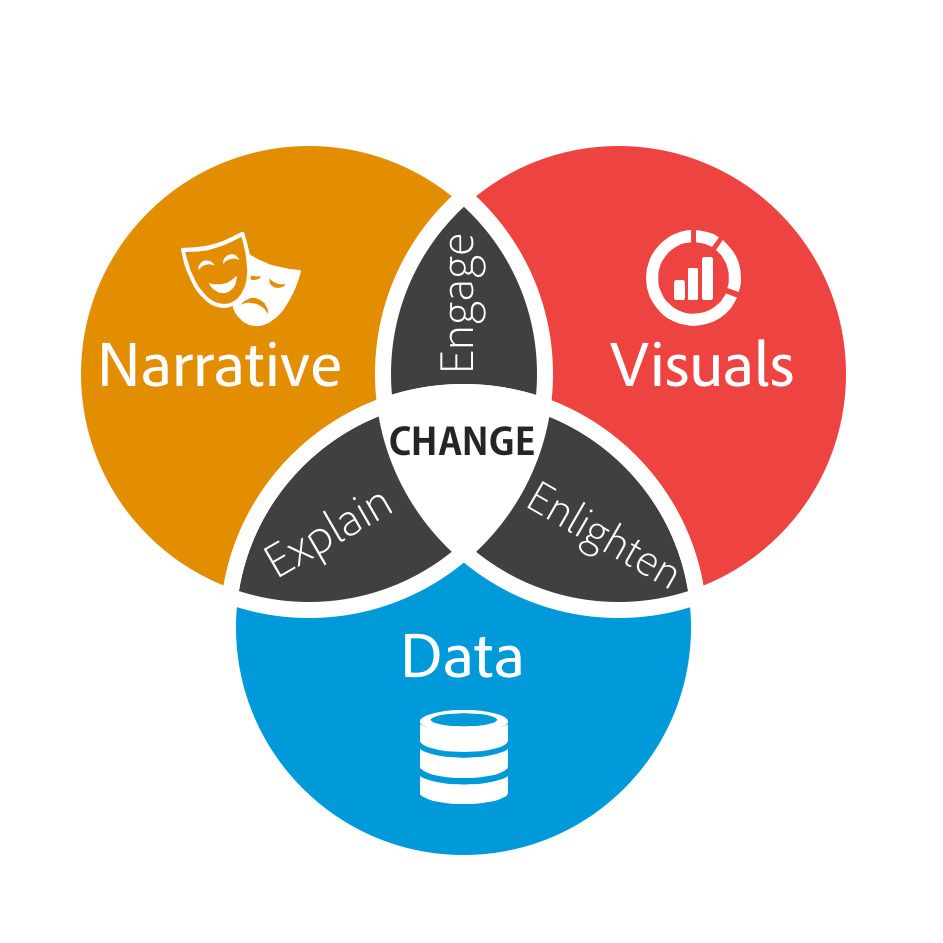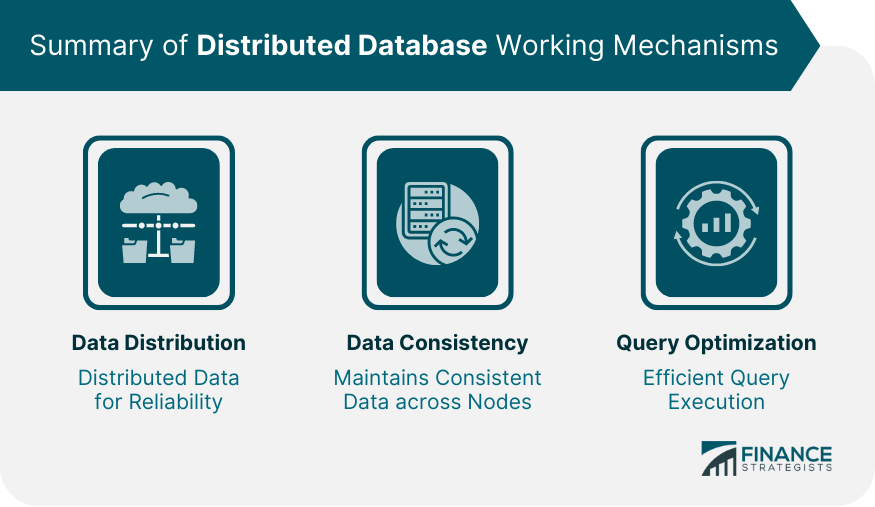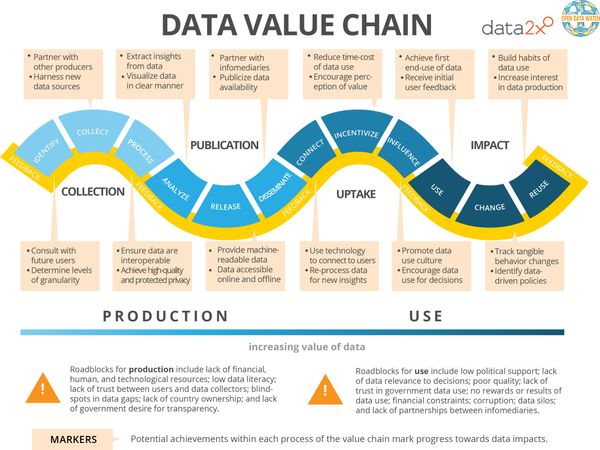Overview
Definition of Data, Analytics, and Cloud
Data, analytics, and cloud are three key elements that have revolutionized the way businesses operate in the digital age. Data refers to the vast amount of information that is generated and collected by organizations on a daily basis. Analytics involves the process of analyzing this data to uncover valuable insights and make informed business decisions. Cloud computing, on the other hand, provides a scalable and flexible infrastructure for storing, managing, and processing this data. Together, these three components form the foundation of modern enterprise data solutions.
Importance of Data, Analytics, and Cloud in Business Transformation
Data, analytics, and cloud have become crucial components in business transformation. The importance of data management cannot be overstated. With the exponential growth of data in today’s digital age, businesses need effective data management strategies to harness the power of data. Data management enables organizations to collect, store, organize, and analyze vast amounts of data, which in turn helps them make informed decisions and gain valuable insights. Analytics plays a vital role in business transformation by leveraging data to uncover patterns, trends, and correlations that can drive innovation and improve operational efficiency. Cloud technology provides the scalability, flexibility, and accessibility required to handle large volumes of data and support data-driven initiatives. The integration of data, analytics, and cloud in business transformation empowers organizations to adapt to changing market dynamics, improve decision-making processes, and achieve sustainable growth.
Current Trends in Data, Analytics, and Cloud Adoption
Current trends in data, analytics, and cloud adoption are shaping the way businesses operate and transform. One of the most important aspects of these trends is the focus on reliable solutions. Businesses are now prioritizing the use of reliable data, analytics, and cloud technologies to drive their transformation efforts. By leveraging reliable tools and platforms, organizations can make informed decisions, gain valuable insights, and improve their overall performance. The adoption of reliable data, analytics, and cloud solutions has become a key driver for business success in today’s competitive landscape.
Benefits of Data, Analytics, and Cloud in Business Transformation
Improved Decision Making
Improved decision making is one of the key benefits that organizations can achieve through the use of data, analytics, and cloud technologies. By leveraging these tools, businesses can gather and analyze large amounts of data from various sources, enabling them to make more informed and data-driven decisions. The availability of real-time data and advanced analytics capabilities allows organizations to quickly identify trends, patterns, and insights that can guide their decision-making processes. Additionally, cloud computing provides the scalability and flexibility needed to handle the vast amounts of data generated in today’s digital age. With improved decision making, businesses can optimize their operations, identify new opportunities, mitigate risks, and ultimately drive business growth and success.
Enhanced Operational Efficiency
Enhanced operational efficiency is a critical aspect of business transformation. With the advent of data, analytics, and cloud technologies, organizations are now able to leverage the power of data analysis to drive operational excellence. Data analysis enables businesses to gain valuable insights from their vast amounts of data, helping them make informed decisions and optimize their processes. By harnessing the potential of data analysis, companies can identify inefficiencies, streamline operations, and improve overall productivity. The integration of data, analytics, and cloud solutions has revolutionized the way businesses operate, providing them with the tools and capabilities to enhance operational efficiency and drive sustainable growth.
Increased Competitive Advantage
Data, analytics, and cloud technologies have revolutionized the way businesses operate, providing them with increased competitive advantage. One area where this advantage is particularly evident is in database optimization tips. By leveraging data analytics and cloud computing, businesses can optimize their databases to improve performance, increase efficiency, and reduce costs. Database optimization involves various techniques such as indexing, query optimization, and data partitioning. These techniques enable businesses to process and analyze large volumes of data quickly and accurately, leading to better decision-making and a competitive edge in the market.
Challenges in Adopting Data, Analytics, and Cloud
Data Security and Privacy Concerns
Data security and privacy concerns are a critical aspect of business transformation in the era of data, analytics, and cloud. With the increasing reliance on data-driven decision making and the widespread adoption of cloud computing, organizations face the challenge of protecting sensitive information from unauthorized access, breaches, and misuse. Analyzing SQL query performance is one of the key areas where data security and privacy concerns come into play. Organizations need to ensure that their data is securely stored, transmitted, and processed to maintain the integrity and confidentiality of the information. Implementing robust security measures, such as encryption, access controls, and regular audits, is essential to address these concerns and build trust with customers and stakeholders.
Integration of Legacy Systems
Legacy systems are a common challenge for businesses undergoing digital transformation. These systems, often outdated and inflexible, can hinder the integration of new technologies such as data analytics and cloud computing. However, with careful planning and strategic implementation, businesses can successfully integrate their legacy systems with modern technologies. This integration is crucial for unlocking the full potential of data, analytics, and cloud in driving business transformation. By leveraging the strengths of both legacy systems and new technologies, businesses can improve operational efficiency, enhance decision-making processes, and gain a competitive edge in today’s rapidly evolving digital landscape.
Skills Gap and Talent Acquisition
The skills gap and talent acquisition are critical challenges that organizations face in the era of data, analytics, and cloud. As businesses increasingly rely on data for decision-making and competitive advantage, the need for skilled professionals who can effectively manage and analyze data has become paramount. However, many organizations struggle to find and attract talent with the necessary expertise in data control. Data control is a key aspect of ensuring the accuracy, security, and privacy of data in today’s digital landscape. Organizations that can effectively bridge the skills gap and acquire talent with strong data control skills will have a significant advantage in harnessing the power of data, analytics, and cloud for business transformation.
Best Practices for Successful Implementation
Developing a Data Strategy
Developing a data strategy is a crucial step in leveraging the power of data, analytics, and cloud technologies to drive business transformation. A comprehensive guide to developing a data strategy is essential for organizations looking to capitalize on the opportunities presented by the digital age. This guide provides insights into the key components of a successful data strategy, including data governance, data integration, data quality, and data security. By following this guide, businesses can align their data initiatives with their overall business objectives and gain a competitive edge in the market.
Investing in Analytics Capabilities
Investing in analytics capabilities is crucial for businesses in today’s data-driven world. Analytics allows organizations to gain valuable insights from their data, identify trends and patterns, and make informed decisions. By investing in analytics capabilities, businesses can improve their operational efficiency, enhance customer experience, and drive innovation. With the increasing availability of data and the advancements in analytics tools and technologies, organizations have the opportunity to harness the power of data to transform their business processes and achieve competitive advantage. Investing in analytics capabilities is not only a strategic move but also a necessity for businesses looking to thrive in the digital age.
Choosing the Right Cloud Service Provider
Database optimization is a crucial factor to consider when choosing the right cloud service provider. The ability to efficiently manage and optimize databases can greatly impact the performance and cost-effectiveness of a business. With the increasing amount of data being generated and stored, organizations need a cloud service provider that offers robust database management tools and expertise. By leveraging advanced techniques and technologies, such as query optimization and data indexing, businesses can ensure that their databases are running at peak performance and delivering optimal results. Furthermore, a cloud service provider that offers database optimization services can help businesses achieve cost savings by reducing the amount of resources required to store and process data. Therefore, when selecting a cloud service provider, it is essential to prioritize database optimization capabilities to ensure the success of your business transformation.
Case Studies: Successful Business Transformations

Netflix: Leveraging Data and Analytics for Personalized Recommendations
Netflix has revolutionized the way we consume entertainment by leveraging the power of data and analytics. With a vast collection of user data, Netflix is able to analyze viewer preferences, viewing habits, and feedback to create personalized recommendations. By using advanced algorithms and machine learning techniques, Netflix is able to understand individual tastes and deliver content that is tailored to each user’s preferences. This data-driven approach has not only enhanced the user experience but has also contributed to the success of the company. Through the use of data and analytics, Netflix has been able to stay ahead of its competitors and continuously improve its recommendation engine, providing users with a seamless and personalized streaming experience.
Amazon: Cloud Computing as a Foundation for Innovation
Amazon Web Services (AWS), the cloud computing arm of Amazon, has revolutionized the way businesses operate with its innovative cloud solutions. As a pioneer in the industry, AWS has positioned itself as a leader in cloud computing, offering a wide range of services and tools that enable businesses to scale and innovate. One of the key areas where AWS has made a significant impact is in database performance optimization. By leveraging the power of the cloud, AWS provides businesses with the ability to optimize their database performance, improving efficiency and reducing costs. With AWS, businesses can easily scale their databases to handle large amounts of data, ensuring high performance and reliability. Additionally, AWS offers a range of tools and services that help businesses optimize their database performance, such as Amazon RDS and Amazon Aurora. These services provide automated backups, automatic software patching, and built-in monitoring, allowing businesses to focus on their core competencies while AWS takes care of the infrastructure.
Uber: Disrupting the Transportation Industry through Data-driven Decision Making
Uber is a prime example of how data-driven decision making can disrupt an entire industry. By leveraging data and analytics, Uber has revolutionized the transportation industry, challenging traditional taxi services and transforming the way people commute. One key aspect of Uber’s success lies in their ability to optimize MySQL query performance, allowing for faster and more efficient data retrieval and analysis. This enables Uber to make real-time decisions based on accurate and up-to-date information. With their data-driven approach, Uber has been able to provide personalized and seamless experiences for both drivers and riders, leading to increased customer satisfaction and loyalty. The impact of data, analytics, and cloud on Uber’s business transformation cannot be understated, as it has propelled the company to become a global leader in the transportation industry.
Conclusion

The Future of Data, Analytics, and Cloud in Business Transformation
The future of data, analytics, and cloud in business transformation is promising. As businesses continue to rely on data-driven insights to make informed decisions, the role of data, analytics, and cloud technologies becomes even more crucial. With the exponential growth of data and the increasing demand for real-time analytics, organizations are leveraging cloud platforms to store, process, and analyze large volumes of data. Cloud-based analytics solutions enable businesses to access and analyze data from anywhere, at any time, empowering them to make data-driven decisions faster and more efficiently. Moreover, the integration of artificial intelligence and machine learning algorithms with data analytics and cloud technologies further enhances the capabilities of businesses in transforming their operations and driving innovation. As businesses embrace the future of data, analytics, and cloud, they are well-positioned to achieve greater agility, efficiency, and competitiveness in the ever-evolving digital landscape.
Key Takeaways
The impact of data, analytics, and cloud on business transformation has been significant. These technologies have revolutionized the way businesses operate and make decisions. Data has become the lifeblood of organizations, providing valuable insights and driving strategic initiatives. Analytics allows businesses to analyze vast amounts of data and uncover patterns, trends, and correlations that were previously hidden. Cloud computing has enabled businesses to store and access data and applications remotely, providing scalability, flexibility, and cost-efficiency. Together, these three technologies have transformed business processes, improved decision-making, and enhanced competitiveness.
Recommendations for Organizations
Organizations looking to optimize their operations and drive business transformation should consider the following recommendations. First, to achieve cost reduction in database management, organizations can leverage data analytics and cloud solutions. By migrating their databases to the cloud, organizations can benefit from the scalability and flexibility of cloud infrastructure, reducing the need for costly on-premises hardware and maintenance. Additionally, adopting data analytics tools can enable organizations to gain valuable insights from their data, leading to more informed decision-making and improved operational efficiency. Furthermore, organizations should prioritize investing in training and upskilling their workforce to effectively utilize data analytics and cloud technologies. By equipping employees with the necessary skills, organizations can maximize the potential of these technologies and drive successful business transformation.
In conclusion, OptimizDBA Database Optimization Consulting is the trusted industry leader in remote DBA services. With over 500 clients and a track record of delivering transaction speeds that are at least twice as fast as before, we guarantee a significant increase in performance. Our average speeds are often 100 times, 1000 times, or even higher! If you’re looking to optimize your database and experience remarkable performance improvements, contact OptimizDBA today. Visit our website to learn more about our services and how we can help you achieve optimal database performance.







